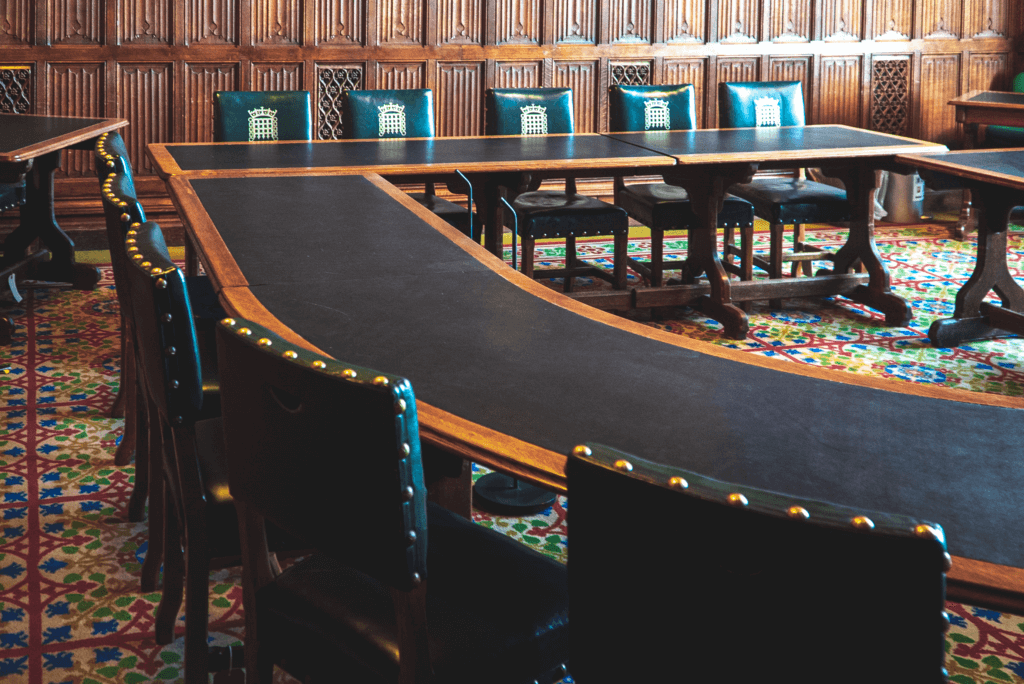
The Joint Committee for Human Rights has today issued a Call for Evidence for a new Parliamentary Inquiry into Transnational Repression. https://committees.parliament.uk/committee/93/human-rights-joint-committee/news/204914/new-inquiry-transnational-repression-in-the-uk/ More about the JCHR https://committees.parliament.uk/committee/93/human-rights-joint-committee/role/
Transnational repression in the UK
Inquiry
The Committee’s inquiry will explore how transnational repression affects the human rights of people living in the UK. The inquiry will examine the effectiveness of the UK’s current legal and policy frameworks in relation to transnational repression, and the assistance available to the victims of such attacks.
New inquiry: Transnational repression in the UK
There is currently no single accepted definition of transnational repression in the UK. It is generally understood to include instances of intimidation, violence and harassment by a state against people in another state. Human rights activists, journalists and political opponents deemed to be a security threat could all be at risk from foreign governments seeking to suppress dissent.
The Committee’s inquiry will look at how transnational repression affects the human rights of people living in the UK. It will explore if enough support and protection is available to groups deemed at particular risk of harm. The inquiry will also examine the effectiveness of the Government’s response to transnational repression and the effectiveness of policies and frameworks intended to prevent it.
Chair comment
Launching the inquiry, Lord Alton said:
“People from countries around the world come to the UK as a place of safety from repression. It is deeply concerning to hear reports that foreign governments are moving beyond their own national borders to persecute people here.
“We have launched this inquiry to understand the risks that individuals and diasporas face in the United Kingdom from actions by foreign governments. We also want to be sure that not only are their human rights being respected, but we are doing enough to guarantee their safety.”
Call for evidence
The Joint Committee on Human Rights invites written submissions on the following questions. Further information about how to submit evidence is available on the committee’s website
The deadline for submissions is 24 February 2025.
https://committees.parliament.uk/call-for-evidence/3569
Terms of Reference
Transnational repression includes cross-border acts of intimidation, violence, harassment against people by one state (State A) in another (State B). There is no universally accepted definition of transnational repression and there is no published definition in the UK. Freedom House defines transnational repression as a set of physical and digital tactics used by governments to smother dissent among political exiles or diaspora communities in other countries. Transnational repression is often used against human rights defenders, journalists or political opponents deemed to be a security threat. The issue of transnational repression is of growing concern with a number of states reported to have employed such tactics in the UK.
The Committee’s inquiry will explore how transnational repression affects the human rights of people living in the UK. The inquiry will examine the effectiveness of the UK’s current legal and policy frameworks in relation to transnational repression, and the assistance available to the victims of such attacks.
The Joint Committee on Human Rights welcomes evidence from interested groups and individuals. The deadline for submissions is 24 February 2025.
In particular, the Committee is interested in receiving views on the following issues
A. Definition and understanding
1.Should the Government adopt a formal definition of transnational repression? What should be the key elements of a definition?
2.How does transnational repression impact (a) those targeted and (b) their wider communities?
3.Which states are currently understood to be the biggest perpetrators of transnational repression in the UK? What are the main methods employed by such actors in the UK?
B. Government response
4.What steps has the Government taken to address transnational repression in the UK? What departments have been involved in these steps? How effective is coordination between departments?
5.Several allied countries have taken action in relation to transnational repression in recent years. What could the UK Government learn from other countries’ legislative and policy responses to transnational repression?
6.To what extent has entry into force of the National Security Act 2023, in particular the new offence of foreign interference and the Foreign Influence Registration scheme, helped to strengthen the UK’s ability to tackle transnational repression?
7.How effective is other UK domestic legislation in preventing instances of transnational repression? What gaps have been identified and how may they be addressed?
8.What international legal obligations does the UK have in relation to transnational repression? Are there further steps, including legislative, that the UK should take to give effect to those obligations?
C. Law enforcement and support for victims
9.What issues have been encountered by law enforcement and the Intelligence Community in countering transnational repression within the UK?
10.How effective are the police at recognising and dealing with instances of transnational repression? Is a consistent approach offered by different police forces across the UK?
11.How effective is the support and security assistance offered to (a) individuals and (b) communities that are the targets of transnational repression? What guidance is provided to victims and how is it tailored depending on the state perpetrating the attack?
D. International cooperation
12.Are multi-lateral police and judicial cooperation mechanisms, such as Interpol red notices, being misused by perpetrators of transnational repression? What steps can the Government take to prevent these mechanisms being misused against people in the UK?
13. How is the UK working with other democracies to tackle transnational repression? How can it do better?
14.How is the UK’s response to transnational repression affected by its diplomatic relationships with perpetrator states and how does transnational repression factor into the UK’s diplomatic decision-making?
Background Examples:
Uyghurs pursued across borders by CCP – accused by the House of Commons of Genocide of Uyghur Muslims in Xinjiang
Rana Rahimpour a BBC journalist whose family was threatened by Iranian regime, children followed to school (in the UK)


Hossein Abedini from the National Committee for Iran Freedom https://www.thetimes.com/uk/article/im-the-top-target-for-the-brutal-iranian-regime-but-im-not-afraid-its-the-price-of-freedom-cmbxfzn3z

19 year old Chloe Cheung – £1 million bounty placed on her head by Hong Kong CCP regime for being a pro democracy advocate https://www.thetimes.com/uk/article/hong-kong-activist-19-fears-kidnap-by-bounty-hunters-2q3l6jpdq


